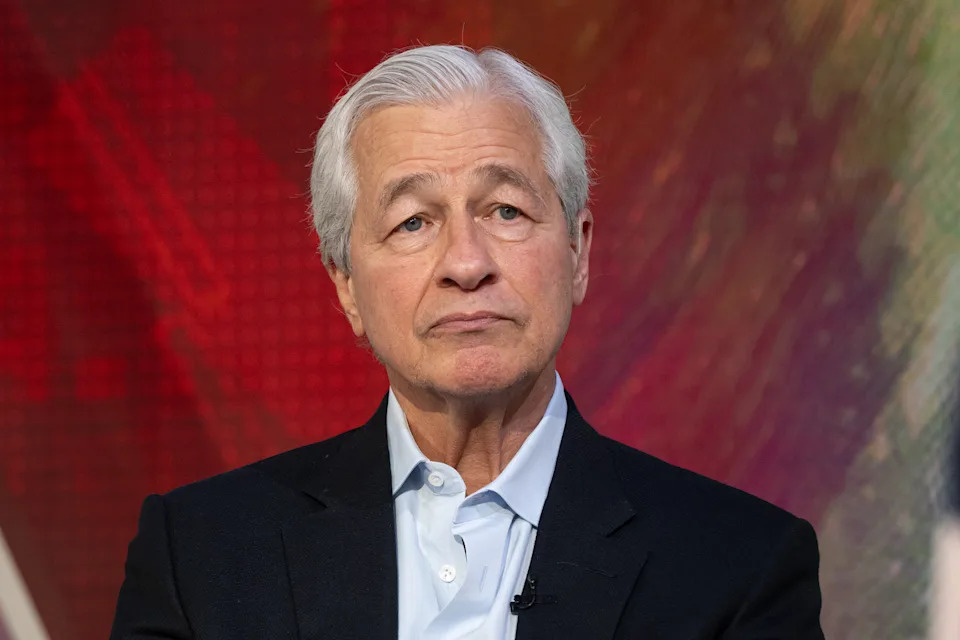
JPMorgan gets a dealmaking boost as Wall Street recovered from tariff tumult
Key Points
- JPMorgan Chase reported better-than-expected second-quarter earnings, with investment banking revenue up 8% to $2.5 billion, driven by mergers and equity underwriting.
- Total net income for the quarter was $15 billion, a 17% drop from last year due to a one-time Visa share gain in 2023, though adjusted profits rose 9% to $14.2 billion.
- CEO Jamie Dimon noted improved market sentiment and a resilient U.S. economy, while cautioning about risks from tariffs, trade uncertainty, and geopolitical issues.
- Trading revenue increased by 8% to $8.9 billion, and the bank raised its full-year net interest income guidance by $1 billion to $95.5 billion.
- Other banks like Wells Fargo and Citigroup also saw investment banking fee increases of 10% and 13%, respectively, reflecting a broader industry recovery.
Summary
JPMorgan Chase exceeded expectations in its second-quarter earnings, reporting a net income of $15 billion, despite a 17% year-over-year decline influenced by a one-time Visa share gain in 2023. Adjusted profits, however, rose 9% to $14.2 billion. Investment banking revenue grew 8% to $2.5 billion, fueled by mergers and equity underwriting, while trading revenue also increased 8% to $8.9 billion. CEO Jamie Dimon highlighted a slow start that gained momentum with improving market sentiment and a resilient U.S. economy, though he warned of risks from tariffs, trade uncertainty, and geopolitical tensions. The bank raised its full-year net interest income forecast by $1 billion to $95.5 billion. Meanwhile, other major banks like Wells Fargo and Citigroup reported investment banking fee growth of 10% and 13%, respectively, signaling a sector-wide recovery from earlier market gloom caused by President Trump’s "Liberation Day" tariffs. Despite volatility, Wall Street trading desks benefited from increased investor activity. JPMorgan’s stock remained flat, while Wells Fargo’s dropped over 4% after lowering its 2025 guidance, and Citigroup saw a slight uptick. This earnings season reflects cautious optimism as dealmaking rebounds and regulatory constraints ease under the Trump administration.
yahoo
July 15, 2025
Stocks


